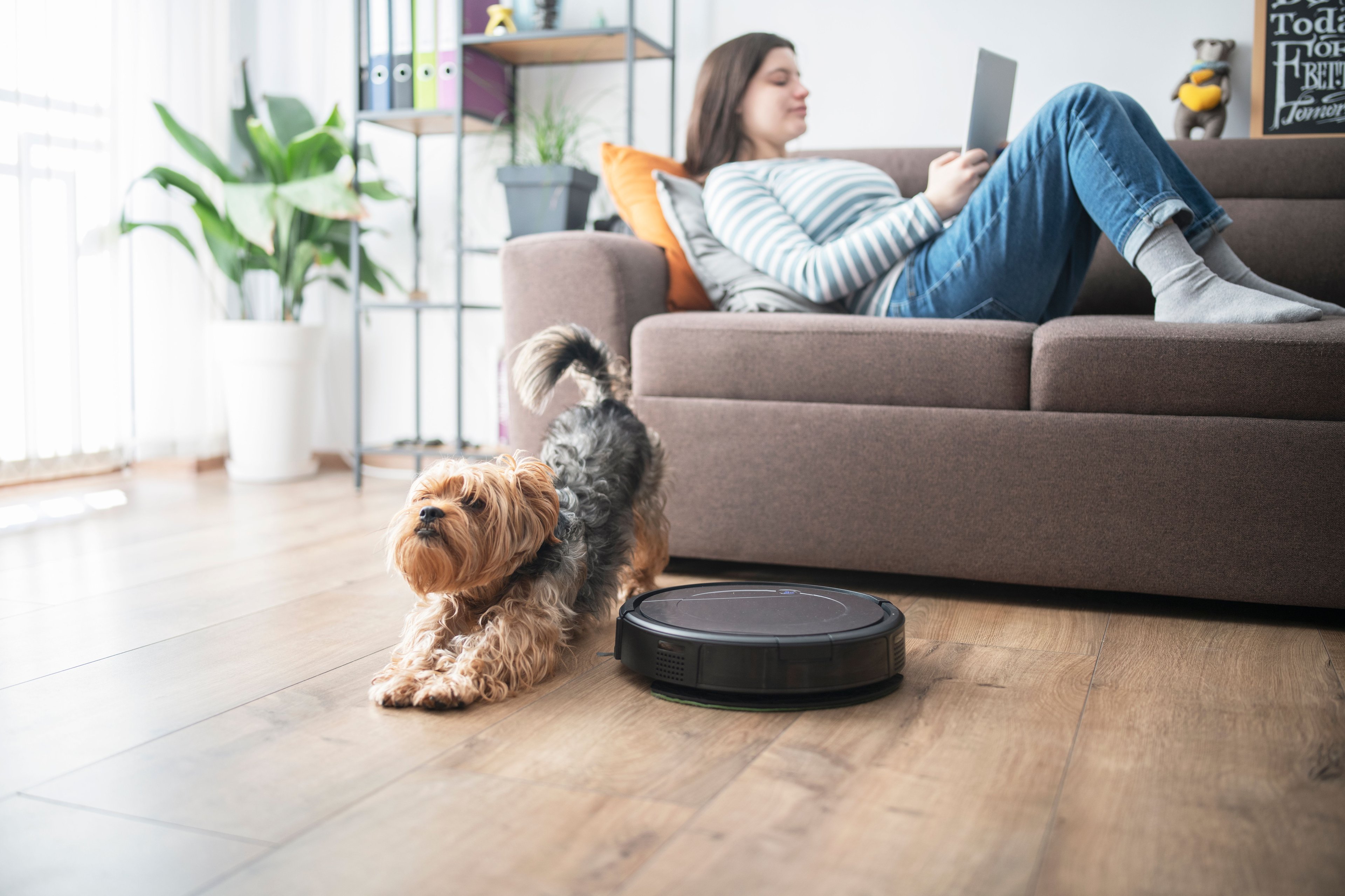Not only are the robots trying to replicate, but now they're working on reabsorbing themselves.
Sure enough, iRobot (IRBT +9.00%) on Monday announced a new share repurchase program that allows the company to buy up to $25 million of its common stock between March 28, 2013 and March 27, 2014.
According to the announcement, iRobot Founding CEO Colin Angle elaborated:
The Board's authorization of a share repurchase program reflects our confidence in the health and long-term outlook of the company. With a strong balance sheet and cash flows, we believe we can take advantage of current market conditions to buy back our shares while maintaining the flexibility to make strategic investments in our future.
I suppose I can see where Angle is coming from. Shares of iRobot took a 12% beating earlier this month following an ugly fourth-quarter earnings report, and the stock is currently trading nearly 30% below its 52-week-high set last April. Before we blindly accept Angle's pitch, however, let's dig a little deeper to see if this buyback makes sense.
When buybacks go wrong
To be sure, I much prefer when companies create shareholder value through capital appreciation or paying good old-fashioned dividends.
With buybacks, far too many companies have simply proven inept at determining whether their shares are truly cheap. For example, as fellow Fool Sean Williams pointed out last year, Best Buy (BBY +3.36%) began repurchasing its stock in 2008 around $20 per share, then spent billions more to buy around 87 million shares at prices between $23 and $48. Even so, up until last May Best Buy's management continued to reiterate plans for spending between $750 million and $1 billion on share repurchases through fiscal 2013.
In the end, it wasn't until last August that they finally suspended share repurchases to focus wholeheartedly on actually turning their business around. While everything's obviously clear in hindsight, considering Best Buy's recent struggles and with the stock now trading hands below $17 per share, you can bet they wish they'd held onto some of that cash.
Could this buyback go right?
Back to iRobot, many investors can't help but wonder whether the company would be better off putting that $25 million to use elsewhere. After all, iRobot lost $0.22 per share in the fourth quarter, right? What if those losses continue and, like Best Buy, iRobot management ends up wishing it hadn't spent that cash down the road?
Fortunately, as I wrote earlier this month, iRobot management fully expected last quarter's loss as the result of both its recent acquisition of Evolution Robotics and the restructuring of its struggling Defense and Security segment. In fact, largely thanks to better-than-expected margins at Evolution Robotics, the loss turned out to be substantially less than both analysts and management had expected.
Now that the Defense and Security bandage has been ripped off, investors can also look forward to enjoying the continued strong performance of iRobot's consumer division, which is expected to grow another 20% in 2013 and should represent around 90% of total sales when all is said and done.
All things considered, I'm fine with iRobot's buyback. Even after spending the $25 million, the company consistently achieves strong cash flow and should still have more than $115 million left in the bank. In addition, that iRobot is willing to allocate nearly one-fifth of its cash to increasing shareholders' slice of the pie is an encouraging sign that all is truly well with this robot maker.







